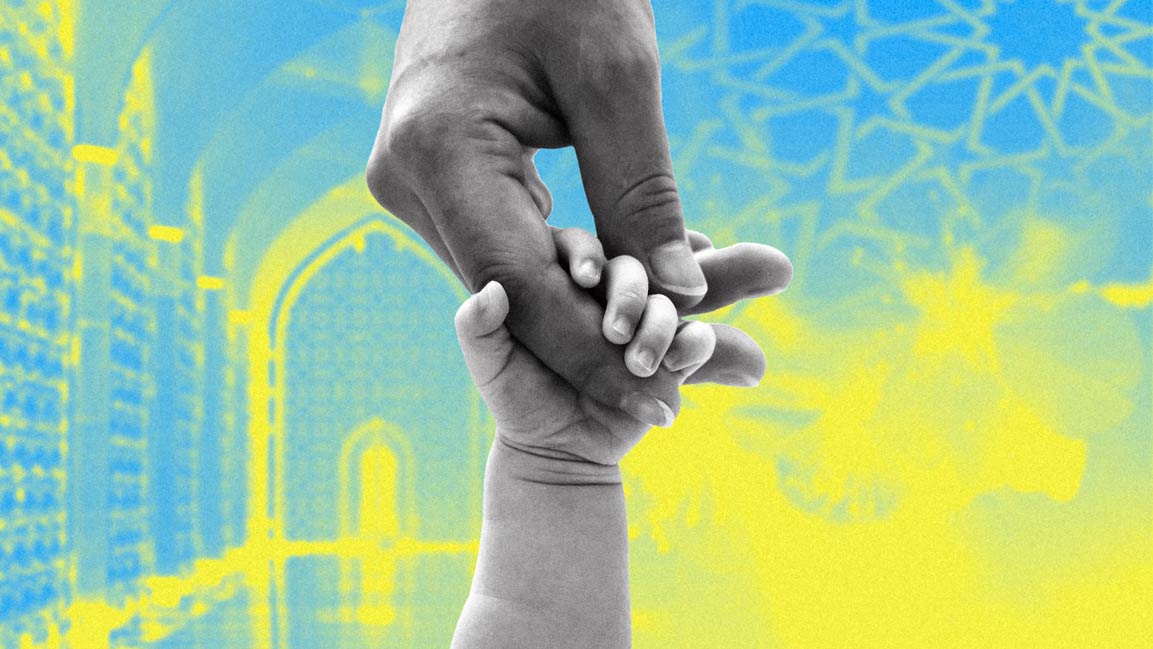- | 9:00 am
Companies in the Arab world are offering paternity leave. But is it enough?
The gap between traditional gender roles is closing, acknowledging the importance of paternity leave. How is this transformation being embraced in the Arab world?

While maternity leave and its relevance are well recognized in most countries, paternity leave is frequently viewed as less significant. But is the importance of paternity leave recognized by policymakers around the world? And is it being accepted enough in the Arab world?
Founder of the World Policy Analysis Centre, Jody Heymann, is famously quoted as saying that to achieve gender equality at home and business, men must be allowed “an equal chance to be there with their newborn babies.”
With time, many countries worldwide have begun to acknowledge the necessity of paid leave for new fathers. However, paternity leave remains a relatively novel concept in Arab countries. The UAE’s labor laws underwent a significant turning point in 2020 when Sheikh Khalifa bin Zayed Al Nahyan implemented paternity leave under Article 32, better serving the needs of contemporary Emirati families. Similarly, Saudi Arabia has extended its one-day paternity leave policy to three days.
CLEAR DISCREPANCY
We would see an apparent discrepancy if we compared the Gulf countries’ paternity leave regulations with those of Western countries such as Sweden (240 days) and Norway (15 weeks). So why is that the case?
Associate Professor Dr. Mark Aveyard of the American University of Sharjah in the United Arab Emirates explains the difference. He says, “It’s partly because of masculinity-related values.”
The Dutch psychologist Geert Hofstede developed the cultural dimensions theory in the 1970s after conducting cross-cultural research with IBM employees. Dr. Aveyard co-authored the paper Perceptions of Emotional Functionality: Similarities and Differences Among Dignity, Face, and Honour Cultures, published in the Journal of Cross-Cultural Psychology (April 2022), where he explains that masculinity is one of the basic variables of this theory.
Geert and other researchers have shown that Arab nations rank “high” in the cultural dimension of masculinity, suggesting that they support more conventional gender norms for men, including less focus on primary caregiving in the household.
Dr. Raquel Vitorino, a highly experienced gynecologist and obstetrician and an infertility specialist in ART Fertility Clinic Abu Dhabi, says the same: “In Arab countries, we still have a big discrepancy between the countries about how many days of paternity leave should be given. However, I have seen an improvement in the last few years.”
CULTURAL PRESSURES
According to the World Policy Analysis Levels, 63% of nations worldwide guarantee fathers’ parental leave. However, due to cultural pressures at work, fathers hardly ever use paternity leave, particularly in Arab nations. Dr. Ayevard suggests that “cultural programming” can significantly impact human behavior, and this tendency isn’t limited to Arab countries. However, “It might be possible to harmonize Arab culture with more active use of paternity leave, but it should be done with respect and realism.”
New or amended paternity leave regulations in Gulf nations such as the UAE and Saudi Arabia have resulted in a wave of change. Certain employers offer more paternity leave than what is required by local statutory provisions. HSBC Middle East and Serco Middle East recently extended their paternity leave policy from five to 10 days. Being awarded the “parent-friendly label” for 2022-2024 by Abu Dhabi Early Childhood Authority, HSBC Middle East has been recognized for its endeavors to implement a hybrid work style and progressive employment policies in order to prioritize employee welfare and foster an inclusive work culture
Novartis Parental Leave Policy offers paid parental leave of 14 weeks for birthing and non-birthing (Father) parents, which is applicable across all Gulf countries”. Joy Khoury, Head of Communications & Patient Advocacy, Novartis Middle East, describes Novartis as a “family-friendly company” that focuses on “removing gender inequality.”
These policies align with Novartis’s belief that “parent-friendly policies and practices are essential for attracting and retaining top talent, particularly among the younger generation, who prioritize flexibility and work-life integration”.
Many fathers who take advantage of the paternity leave program use time to bond with their children while also supporting their partners. Faisal Sayeed Siddique, an Abu Dhabi Islamic Bank employee, took advantage of the company’s six-day paternity leave policy to care for his elder, school-going child and complete appropriate documentation, such as birth certificate issuing and attestation. “It also helped me to spend more time with my wife and newborn while they were in hospital.”
Dr. Vitorino emphasizes the importance of paid paternity leave. “Paternity leave has numerous benefits. It not only helps the father form a stronger bond with the newborn, engages them in caregiving, and assists the new father in adjusting to the new environment, but it also helps the new mother during postpartum by allowing the new father to share responsibilities and promote the fact that the father is equally important in childcare.”
While the amount of paternity leave available in the Arab world is lower than in the West, acknowledging the value of paternity leave is crucial to the Middle East’s continued emphasis on family values and reducing gender disparities in the workplace. By amending and extending statutory paternity leave offered by the Arab countries, as well as private companies in the Middle East, a strong dedication to promoting a supportive and inclusive work environment is evident.







































